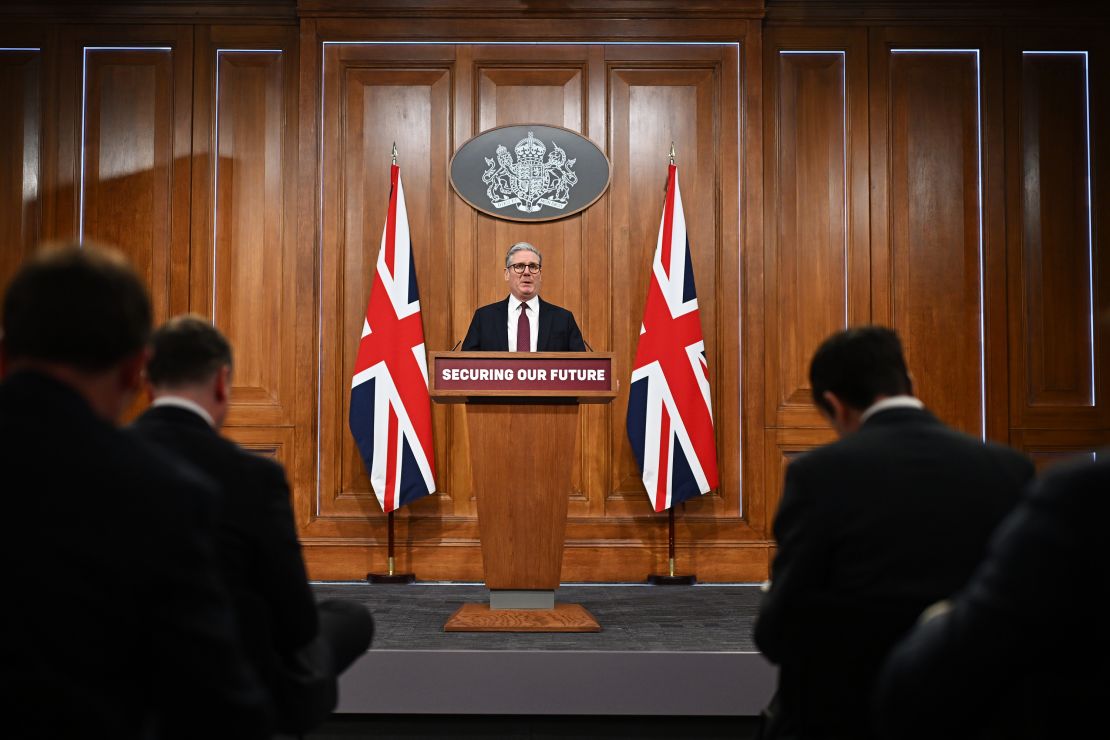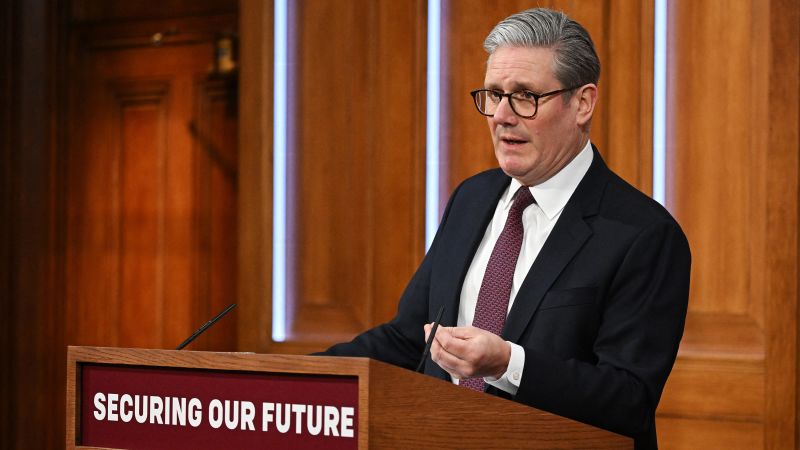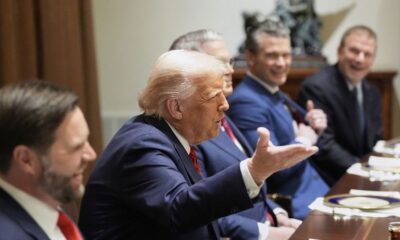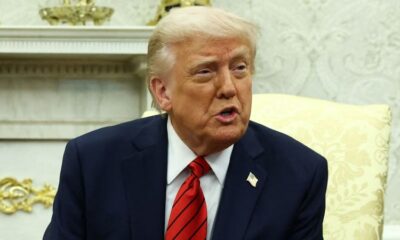London
CNN
—
Russian President Vladimir Putin’s response to a US-proposed ceasefire in Ukraine is “not good enough,” Britain’s Prime Minister Keir Starmer said, after hosting a virtual summit aimed at drumming up support for Kyiv and piling pressure on Russia.
After hosting a meeting of the “coalition of the willing” – a group of Western nations that have pledged to help defend Ukraine against Russia – Starmer said leaders had agreed that “the ‘yes but’ from Russia is not good enough” and that Russia would have to come to the negotiating table sooner or later.
“We agreed collective pressure will be put on Russia from all of us who were in the meeting this morning,” he added.
Saturday’s meeting involved some 25 countries, including European nations, the EU Commission, NATO, Canada, Australia and New Zealand as well as Ukraine’s President Volodymyr Zelensky.
After Kyiv this week accepted the terms of a 30-day ceasefire in Ukraine – endorsed by US President Donald Trump – Moscow’s response was ambiguous, with Putin saying that “we agree with the proposal” but also that the deal “wasn’t complete.”
The meeting also comes at a critical time in the three-year war, with Russia advancing in its Kursk border region where it is attempting to reverse Ukraine’s gains.
While he offered few new details, Starmer announced that the militaries of Ukraine’s allies will meet in the United Kingdom on Thursday, to “put strong and robust plans in place” to keep the peace in the event a ceasefire is struck in Ukraine.
“We will now move into an operational phase,” Starmer said. “Our militaries will meet on Thursday this week here in the United Kingdom to put strong and robust plans in place to swing behind a peace deal and guarantee Ukraine’s future security.”
During Saturday’s talks, Starmer said that Ukraine’s allies agreed to “keep the military aid flowing to Ukraine, and keep tightening restrictions on Russia’s economy, to weaken Putin’s war machine and bring him to the table.”
Starmer said that Putin was delaying the US-backed ceasefire proposal that Ukraine agreed to this week, and that Ukraine “is the party of peace.”
US President Donald Trump “has offered Putin the way forward to a lasting peace – now we must make this a reality,” Starmer said.
Responding to a question from a journalist about US support, Starmer stressed that the “position on the US hasn’t changed,” and that achieving peace in Ukraine “needs to be done in conjunction with the United States.”

It comes after Starmer said in opening remarks to the “coalition of the willing” that “if Putin is serious about peace, it’s very simple: He has to stop his barbaric attacks on Ukraine and agree to a ceasefire.” He continued, “The world is watching. My feeling is that sooner or later he’s going to have to come to the table and engage in serious discussion.”
The “coalition of the willing,” a group of who have pledged to help defend Ukraine from Russian aggression in the face of dwindling and uncertain support from Washington, last met in London two weeks ago before reconvening Saturday for the virtual meeting.
Although Europe has shown considerable unity amid the blows the Trump administration has dealt to the transatlantic alliance, significant divisions remain over whether individual European countries are willing to deploy troops to Ukraine to keep the peace.
A statement from Italian Prime Minister Giorgia Meloni’s office said that Meloni, who joined Saturday’s virtual summit, does not envisage Italy’s participation in a possible military presence in Ukraine.
Trump said Friday that he got “pretty good news” on a potential ceasefire between Russia and Ukraine, without elaborating, and that his administration had “very good calls” with both countries earlier in the day.
In a separate post on Truth Social, Trump said “there is a very good chance that this horrible, bloody war can finally come to an end.”
Putin met with US special envoy Steve Witkoff on Thursday in Moscow – a visit that US Secretary of State Marco Rubio said gave “reason to be cautiously optimistic.”
With Kyiv losing its grip on the western Russian region of Kursk, its sole territorial bargaining chip, many believe that Putin may be delaying talks on the ceasefire proposal until the region is firmly back under Russian control.
Russian forces have retaken two more settlements in Kursk – Zaoleshenka and Rubanshchina – its defense ministry claimed on Saturday. It comes days after Russia recaptured the key town of Sudzha, the largest town Ukraine had occupied in the region.
Zelensky said Saturday his troops were holding back Russian and North Korean forces in Kursk and denied Russian claims that Ukraine’s army was surrounded.
Meanwhile the aerial assaults continued, with hundred of drones crossing the border.
Russia fired 178 drones and two ballistic missiles at Ukraine overnight, killing at least two people and injuring 44, according to Ukrainian officials. The two were killed in Kherson region, the head of its military administration said, after Russia targeted critical infrastructure and residential buildings, damaging seven high-rise buildings and 27 houses.
Russia’s Defense Ministry said its air defenses had shot down 126 Ukrainian drones overnight, without saying how many drones bypassed its defenses.
This story has been updated.





















